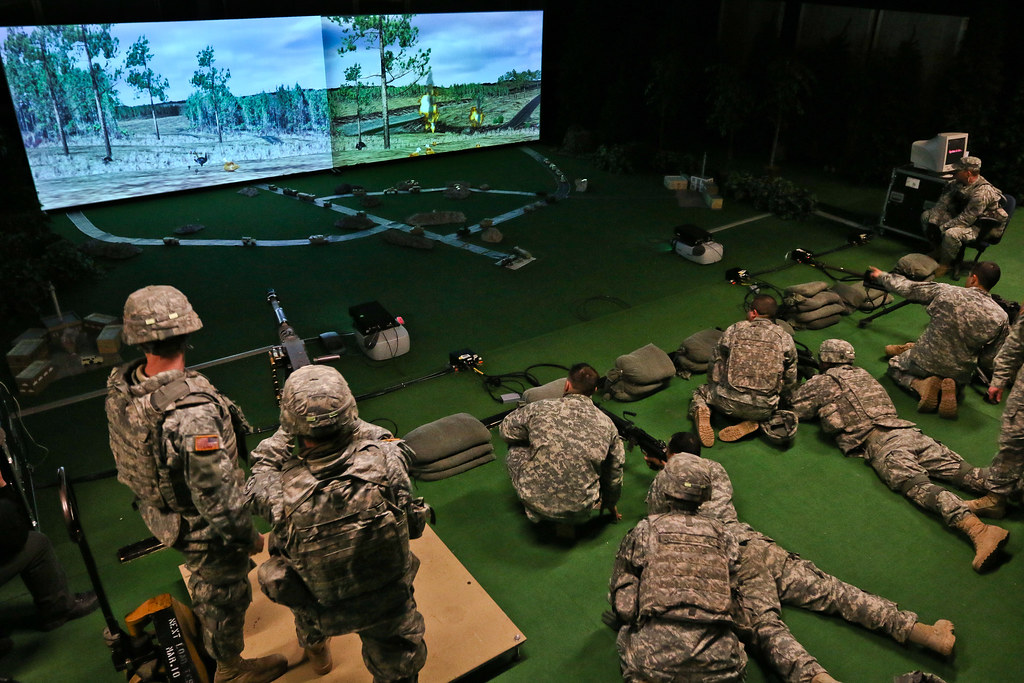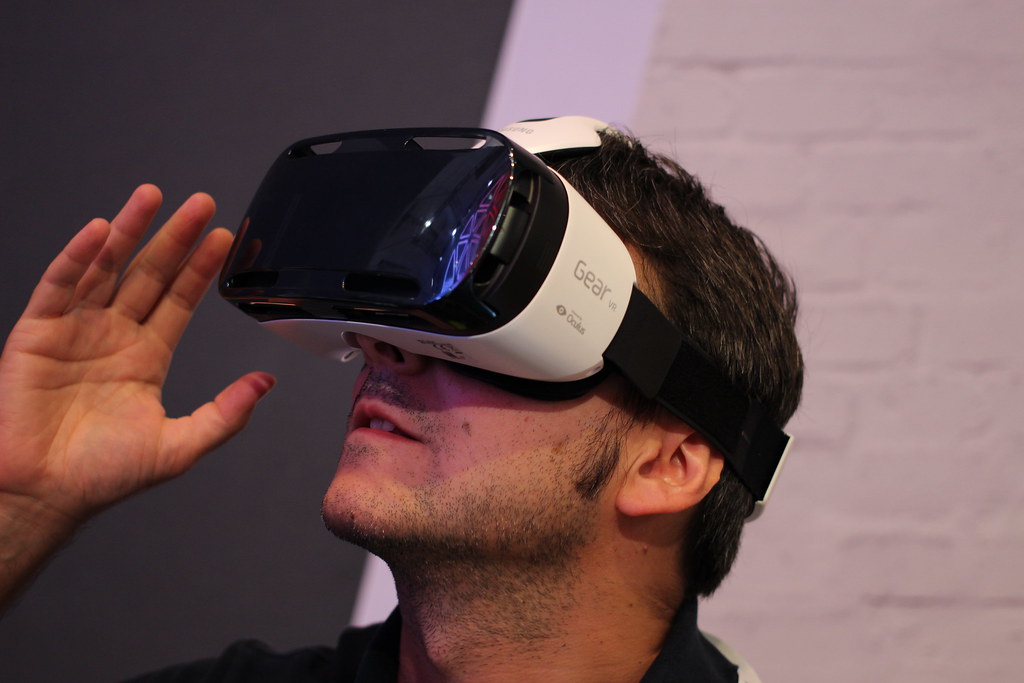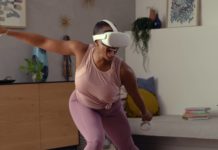Transporting your brain to another world with the power of brain-neural interfaces is still a long way off. However, continuous studies of the effects of current virtual reality technology show rather staggering results. While VR goggles can’t interact with most senses, including touch and smell, the visual and auditory immersion does seem to be sufficient for your brain to perceive such experiences as real.
The Superhero Study

As we’ve recently discussed in relation to how your brain experiences VR Fitness, transporting your mind to a virtual realm can hold numerous benefits to the neural networking patterns of your brain. However, we most often don’t understand the consequences virtual reality games consciously. In fact, experiences in virtual reality have been found to be directly related to our actions outside the VR world.
One study made in 2013, for example, showed how people who’ve gone through a supermen-like flight mission in which they save a little child end up being more helping towards other people in need in the real world. This further shows how the brain’s perception of virtual reality can impact the psychological impression of the world around us. We tend to believe that we are conscious beings that have a strong understanding of how we operate and control over our emotions. Nevertheless, we often tend to neglect the subconscious mind and its power over decisions, which we make in our everyday lives.
The Best of Both Worlds Makes the Worst

Innovations in the gaming industry and computer technology have made it possible for game graphics to be nearly indistinguishable from reality. In the past decade, we’ve gone from just a few thousand polygons to millions of vectors creating a realistic world that more than passes to the other side of the uncanny valley. Furthermore, the fast developments in the virtual reality industry are making VR experiences much more immersive than what they were three years ago. There are now even full-body haptic feedback suits in the works. However, can the best of both worlds actually make the worst?
Jeremy Bailenson, PhD and Director at Stanford’s Virtual Human Interaction Lab discussed the very same issue with an analogy that certainly raises questions about the psychological impact of virtual reality. If your brain experiences the violent blood splashes as real, how does this impact your daily decisions? Bailenson went on to ask the same question stating that it would be interesting to see how playing GTA, for example, would impact our decision-making abilities in reality. With the brain’s perception of virtual reality as real, this is a frightening thought. However, we decided to go a step further in our speculation.
Going on a limb, if you are playing GTA or a mindless wave-shooter for example, the impact the received by the auditory and visual experiences might be neglectful. After all, we often neglect mindless actions we do for fun. Nevertheless, video games have proven to be a platform for immersive emotional experiences, such as The Walking Dead and The Last of US. Our question is, what would the impact of a highly emotional violent experience that your brain perceives to be real on your psychological health? Could we soon see VR games that permanently damage your brain? Would there be such as thing as PTGD, a Post-Traumatic-Game-Disorder?
Virtual Reality and its Impact on Mental Health
Questions, like the aforementioned, might often spark fear and even panic, as virtual reality is already freely available on the wide-spread consumer-end market. However, there’s a truth to the statement that we adapt as we move forward. Currently, Virtual Reality has been used in over 60 sites as a treatment of post-traumatic stress disorder in soldiers and veterans, providing relief for the patients. Such research shows that VR therapy can give results, which have not been anticipated before. Exposing soldiers to a familiar violent setting of a war area they’ve visited may seem as a torture, but the safety in knowing it is a virtual simulation and that they can’t be harmed actually helps them cope with the stress and anxiety from such events. The brain’s perception of virtual reality as real is still there. However, the fact that the mind understands the harmlessness and virtuality of the situation is strong enough to bring positive effects out of your brain’s perception of the setting as real.

So next time you strap in your futuristic haptic feedback suit and put on your virtual reality goggles, simply remember that it’s not real. We’ve played laser tag and paintball knowing it’s not real while firing guns and ‘killing‘ each other. Going on a huge step forward, actors have been getting in the mental state of their characters, shooting guns, which are close enough to real, and seeing fake blood splash from the bodies of others, which is close enough to real. In fact, we can say with a huge deal of certainty that the brain of the actor perceives what they see as real. However, the truth of the matter is that our mind knows it is not. And that’s what truly matters.
Neuroplasticity and virtual reality can greatly enhance your life. Instead of being scared of the technology and its impact, we should embrace it. VR experiences can reduce stress, bring relief and enhance your perception of the world, bringing positive changes to your daily life. However, the best part is that we’ve barely scratched the surface of understanding the positive effects our brain’s perception of virtual reality as real has to offer.






Comments are closed.